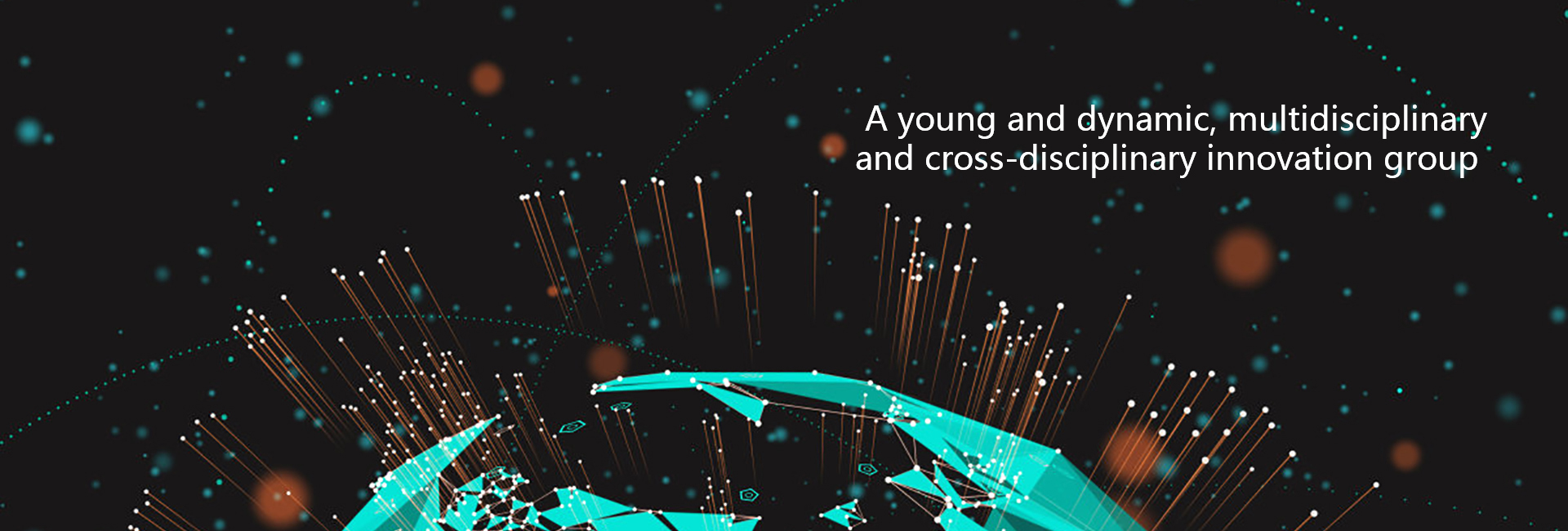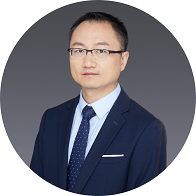

Ping Wei received his B.S. degree in Microbiology at Nankai University in 2002. He then revived his Ph.D. degree in Physical Chemistry at Peking University in 2007. From 2008 to 2013, he did his postdoctoral research in synthetic biology at Prof. Wendell A. Lim’s lab at University of California, San Francisco. In 2013, he joined in Center for Quantitative Biology, Peking University as an assistant professor. Since Jan. 2021, he joined in the Institute of Synthetic Biology, Shenzhen Institute of Advanced Technology (SIAT), Chinese Academy of Science, and initiated the Center for Cell and Gene Circuit Design. In 2014, he received by the 10th The Recruitment Program of Global Youth Experts Award. In 2016, He was funded by the NSFC Outstanding Youth Funding. Dr. Wei’s lab focuses on using synthetic biology approach to understand the design principles of information processing systems in cells, and to develop gene or cell-based cancer therapy.
Email:ping.wei@siat.ac.cn
Publications/Patents (selected)
Qiao, L., Zhang, Z., Zhao, W., Wei, P.*, Zhang, L.*, Network design principle for robust oscillatory behaviors with respect to biological noise. eLife 2022; 11:e76188. (*共同通讯)
Tang, R.#, Fu, Y.#, Gong, B, Fan, Y., Wang, H., Huang, Y., Nie, Z.*, Wei, P.*, A Chimeric Conjugate of Antibody and Programmable DNA Nanoassembly Smartly Activates T Cells for Precise Cancer Cell Targeting. Angew Chem Int Ed 2022; 53, 456-470. (*共同通讯)
Zhang, Z., Wang, Q., Ke Y., Liu, S., Ju, J., Lim, A.W., Tang, C., Wei, P.*, Design of Tunable Oscillatory Dynamics in a Synthetic NF-κB Signaling Circuit. Cell Systems 2017; 5, 460-470.
Mitchell, A., Wei, P.*, Lim, A.W.*, Oscillatory stress stimulation uncovers an Achilles’ heel of the yeast MAPK signaling network. Science 2015; 350, 1379-1383. (*共同通讯)
Wei, P.#, Wong, W.W.#, Park, J.S., Corcoran, E. E., Peisajovich, S. G., Onuffer, J, J., Weiss, A., Lim, W.A. Bacterial virulence proteins as tools to rewire kinase pathways in yeast and immune cells. Nature 2012; 488, 384-388.